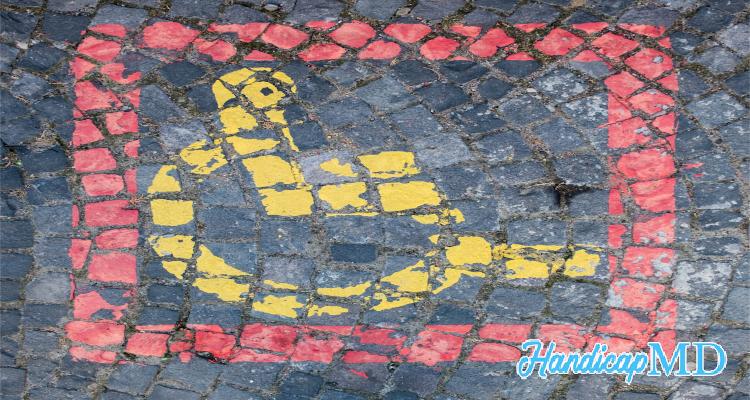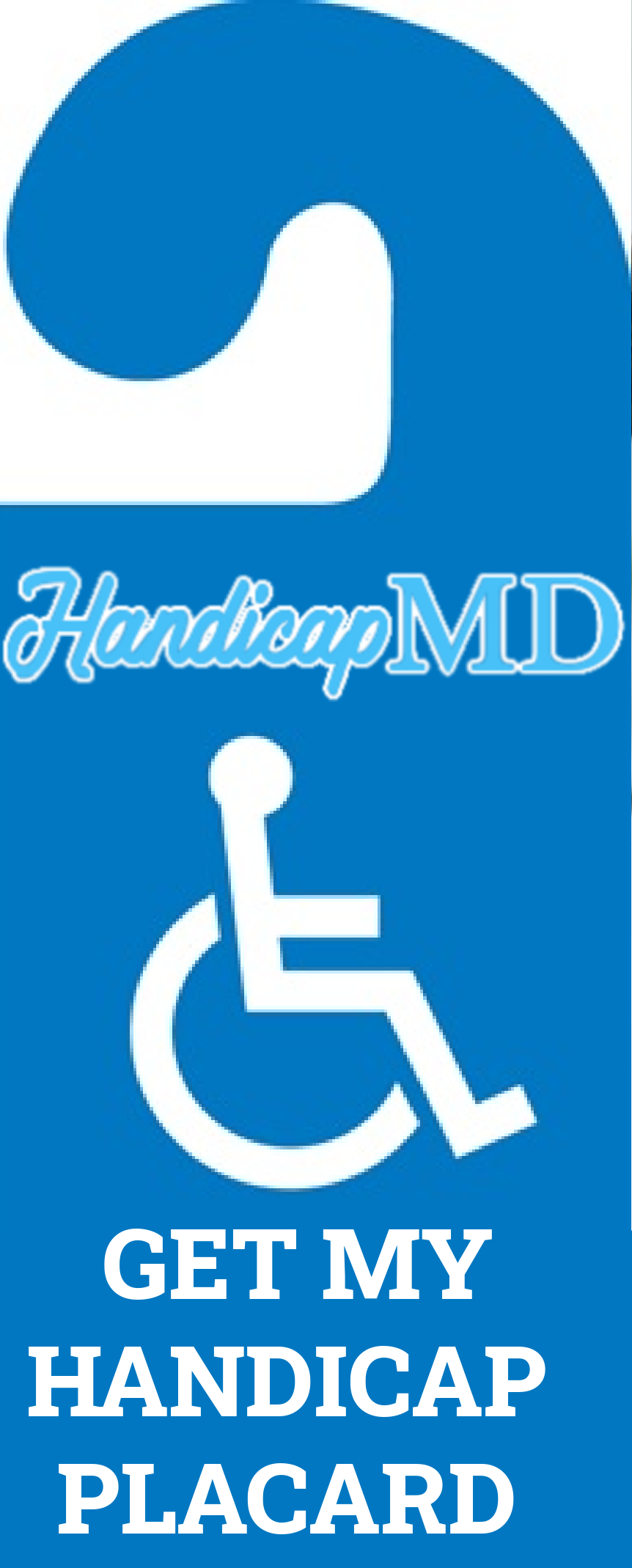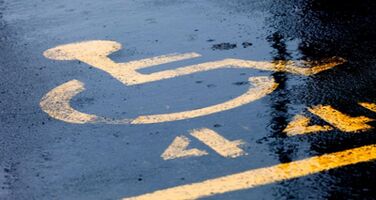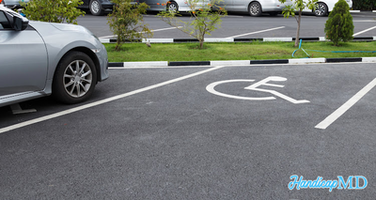
Myths vs. Facts: Debunking Common Misconceptions about Handicap Placards in Idaho
In the bustling world of misconceptions, few topics generate as much confusion as handicap placards. These small, yet impactful, accommodations are designed to make life easier for individuals with disabilities, yet myths persist about who can use them and why. Let's delve into some of the most common misconceptions surrounding handicap placards in Idaho and separate fact from fiction.
Introduction
Handicap placards serve as a lifeline for many individuals with disabilities in Idaho. They grant access to designated parking spaces, ensuring that those with mobility challenges can navigate their daily lives with greater ease and independence.
Myth: Handicap placards are only for people who use wheelchairs
One of the most prevalent myths surrounding handicap permits is the belief that they are exclusively reserved for individuals who use wheelchairs. In reality, disabilities come in many forms, ranging from mobility impairments to visual or cognitive challenges. These special permits are intended to assist anyone with a qualifying disability that affects their ability to walk or move safely.
To be eligible for an Idaho handicap placard, individuals must provide documentation from a licensed healthcare provider certifying their disability and the need for accessible parking privileges. This documentation may include medical records, a physician's statement, or other relevant evidence of disability.
Myth: Handicap placards are easy to obtain
Contrary to popular belief, obtaining a handicap placard in Idaho is not a simple process. Applicants must complete a thorough application, providing detailed information about their disability and the reasons for requesting a placard. Additionally, they must submit supporting documentation from a qualified healthcare provider.
The application process is designed to ensure that only those with genuine disabilities receive handicap placards, preventing misuse and abuse of accessible parking spaces. While the process may require some effort, the benefits of having a placard far outweigh the inconvenience of the application process.
Myth: Handicap placards are a form of special treatment
Some individuals mistakenly view handicap placards as a form of special treatment or privilege. In reality, these accommodations are essential for ensuring equal access and opportunity for individuals with disabilities. Accessible parking spaces are not a luxury but a necessity, allowing disabled individuals to participate fully in society without unnecessary barriers or obstacles.
Under the Americans with Disabilities Act (ADA) and other relevant legislation, disabled individuals are entitled to reasonable accommodations to ensure equal access to public spaces. Handicap placards are a tangible manifestation of these legal rights, providing individuals with the mobility assistance they need to live independently and participate fully in their communities.
Myth: Handicap placards are only for permanent disabilities
Another common misconception is that handicap placards are only available to individuals with permanent disabilities. While some placards are issued on a permanent basis, others are designated for temporary disabilities or medical conditions that significantly impair mobility.
Temporary placards are available for individuals recovering from injuries or medical procedures that limit their ability to walk or move independently. These placards typically have an expiration date and must be renewed periodically to ensure continued eligibility.
Fact: Handicap placards provide necessary accommodations
Despite the myths and misconceptions surrounding them, handicap placards serve a vital purpose in ensuring the accessibility and inclusivity of public spaces. For individuals with disabilities, access to designated disabled parking spaces can mean the difference between participating in community activities and being isolated at home.
Whether it's a trip to the grocery store or a visit to the doctor's office, handicap placards provide individuals with disabilities the freedom and flexibility to go about their daily lives with greater ease and independence. By designating accessible parking spaces, placards remove barriers and empower individuals to live life on their own terms.
Fact: Handicap placards promote independence
Accessible parking spaces not only provide practical benefits but also contribute to the overall well-being and independence of individuals with disabilities. By ensuring close proximity to entrances and facilities, handicap placards enable disabled individuals to conserve their energy and avoid unnecessary physical strain.
Moreover, accessible parking spaces promote social inclusion by facilitating participation in community events and activities. Whether attending a sporting event or visiting a local park, individuals with disabilities deserve equal access to public spaces, and handicap placards help make that possible.
Fact: Handicap placards prevent abuse
While misuse of handicap placards does occur, stringent enforcement measures are in place to deter abuse and ensure compliance with applicable laws and regulations. In Idaho, unauthorized use of a handicap placard can result in fines, penalties, and even the revocation of parking privileges.
Law enforcement agencies and parking authorities actively monitor parking facilities to identify instances of misuse and take appropriate action against offenders. By holding individuals accountable for their actions, authorities help protect the integrity of the handicap placard system and ensure that parking spaces remain available for those who truly need them.
FAQs
Can anyone apply for a handicap placard in Idaho?
- No, only individuals with qualifying disabilities are eligible for handicap placards in Idaho. Applicants must provide documentation from a licensed healthcare provider certifying their disability and the need for accessible parking privileges to the Idaho Transportation Department.
Are handicap placards permanent?
- Not necessarily. While some placards are issued on a permanent basis, others are designated for temporary disabilities or medical conditions. Temporary placards typically have an expiration date and must be renewed periodically.
What are the consequences of misusing a handicap placard?
- Misusing a handicap placard can result in fines, penalties, and the revocation of parking privileges. Law enforcement agencies actively monitor parking facilities to identify instances of misuse and take appropriate action against offenders.
Do handicap placards provide any benefits beyond parking privileges?
- Yes, handicap placards provide individuals with disabilities the freedom and flexibility to navigate public spaces with greater ease and independence. Accessible parking spaces promote social inclusion by facilitating participation in community events and activities.
How can I report misuse of a handicap placard in Idaho?
- If you suspect someone of misusing a handicap placard in Idaho, you can report it to local law enforcement or parking authorities. Provide as much information as possible, including the license plate number of the vehicle in question.
Conclusion
In conclusion, handicap placards in Idaho play a crucial role in promoting accessibility, independence, and inclusivity for individuals with disabilities in Idaho. By debunking common myths and misconceptions, we can foster a greater understanding of the importance of these accommodations and the need to protect the rights of disabled individuals.
In a society that values diversity and equality, it is essential to recognize the rights of individuals with disabilities and provide the necessary support and accommodations to ensure their full participation in public life. These special permits are not just a symbol of disability; they are a symbol of empowerment, independence, and equal opportunity for all.
.png)






